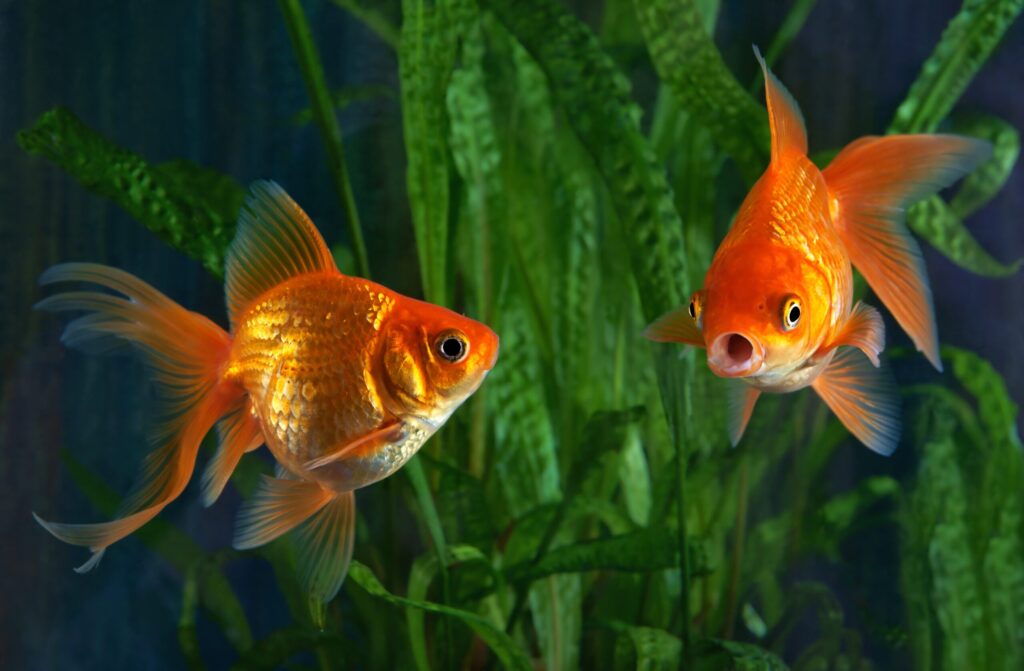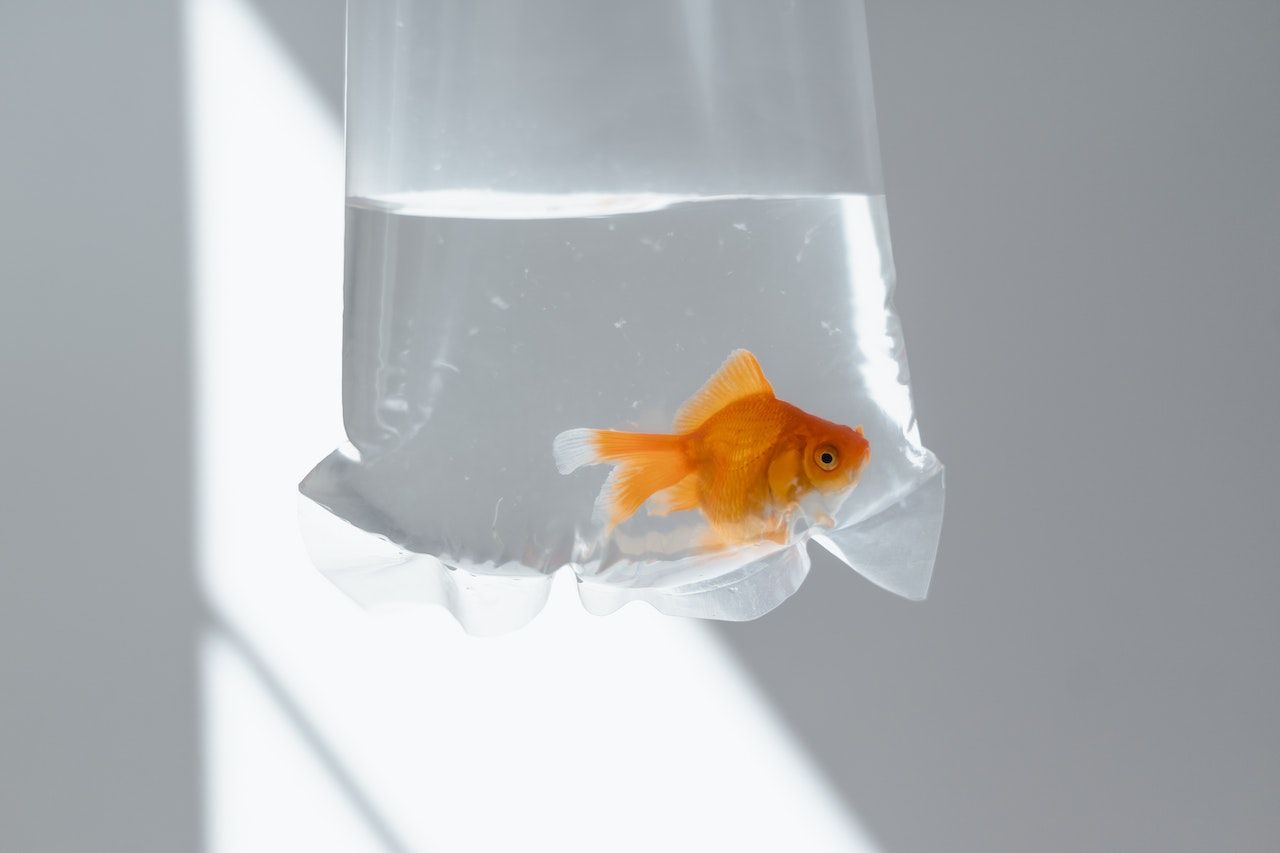Introduction: Can Goldfish Eat Honey?
Can goldfish eat honey? No, goldfish should not be fed honey. While honey is a natural sweetener and is safe for humans, it is not suitable for goldfish. Goldfish have very specific dietary requirements, and honey does not provide any of the essential nutrients they need. It can cause digestive issues or even harm to your goldfish if consumed in large quantities. Let’s break down why honey isn’t an appropriate food choice for your goldfish and explore better alternatives that will keep them healthy and thriving.
Why Honey Is Not Ideal for Goldfish
Goldfish, like many other species of fish, are omnivores. This means they require a balanced diet of both plant and animal matter. However, their digestive system is not designed to handle sugary foods like honey. Honey is composed mainly of sugars, and goldfish, in particular, do not need a high-sugar diet.
In the wild, goldfish naturally feed on plants, algae, small invertebrates, and occasionally aquatic insects. These foods provide them with the necessary nutrients—proteins, vitamins, minerals, and fats—without overwhelming their digestive systems. Honey, being high in sugar and low in essential nutrients, can upset their delicate digestive balance and lead to issues such as bloating, constipation, or poor water quality due to excess waste.

How Honey Could Affect Your Goldfish
While small amounts of honey are unlikely to cause immediate harm, feeding it regularly or in large amounts can have several negative effects on your goldfish:
- Digestive Issues: Goldfish have relatively simple digestive systems. They don’t have the enzymes required to break down the complex sugars in honey efficiently. Over time, this can lead to constipation or bloating, which can make your goldfish feel sluggish or even cause long-term health problems.
- Poor Water Quality: Goldfish waste excretes into the water, and excessive sugar can lead to an increase in waste production. This can disrupt the water’s balance, leading to harmful spikes in ammonia or nitrites, which are toxic to fish. Poor water quality is one of the most common causes of health issues in aquarium fish.
- Imbalanced Diet: Honey does not provide any of the essential nutrients that goldfish need. By feeding them honey, you might unintentionally replace more nutritionally balanced foods, which can lead to deficiencies. Over time, this can result in poor growth, dull colors, and weak immune systems.
For these reasons, it’s important to stick to foods that are designed for goldfish or that mimic their natural diet, ensuring they get the proper nutrition without risking harm.

Alternative Treats for Goldfish
While honey isn’t safe for goldfish, there are plenty of nutritious treats that you can feed them to keep them happy and healthy. Here are some great alternatives to honey that provide essential nutrients and are more suitable for your goldfish:
- Vegetables: Goldfish love vegetables, and they’re a great source of fiber and vitamins. You can feed them peas, spinach, lettuce, or zucchini. These vegetables help with digestion and provide vitamins like A and C that are essential for their immune system and overall health.
- Brine Shrimp: These tiny crustaceans are a popular treat for goldfish and are rich in protein, which is crucial for their growth and development. You can offer live, frozen, or freeze-dried brine shrimp to your goldfish.
- Bloodworms: Another excellent protein source, bloodworms are loved by goldfish. They provide important amino acids and other nutrients that help with muscle development and maintaining energy levels.
- Daphnia (Water Fleas): These small aquatic creatures are a great treat for goldfish and can be found in some commercial fish food mixes. They provide both protein and essential fatty acids, which support healthy growth.
- Live Insects: Goldfish in outdoor ponds may naturally hunt insects like mosquito larvae, which are a rich protein source. You can also feed them small crickets or mealworms (properly crushed to prevent choking). Insects are a natural part of their diet and provide great variety and nutrition.
These alternatives offer a balanced diet and will help keep your goldfish in top condition, providing them with the right nutrients they need without introducing harmful sugars like those found in honey.
The Importance of a Balanced Diet for Goldfish
Goldfish are relatively easy to care for, but they require a balanced diet to stay healthy. In the wild, they eat a variety of foods, from plants to small animals, that provide a wide range of nutrients. In captivity, it’s important to replicate this variety with high-quality goldfish pellets, fresh vegetables, and occasional treats like brine shrimp or bloodworms.
Providing a well-rounded diet that includes proteins, vitamins, minerals, and fiber will help your goldfish thrive. A poor diet, on the other hand, can lead to malnutrition, weakened immune systems, and a reduced lifespan.
Make sure to avoid feeding your goldfish anything that is not part of their natural diet, including sugary substances like honey. Stick to the recommended foods, and your goldfish will reward you with vibrant colors, active swimming, and a long, healthy life.

Conclusion
So, can goldfish eat honey? The simple answer is no. While honey may be safe for humans, it does not offer the nutritional benefits that goldfish need. Instead, feeding your goldfish honey can lead to digestive problems, poor water quality, and an imbalanced diet. To keep your Goldfish healthy, provide them with appropriate foods like vegetables, brine shrimp, and bloodworms, which align more closely with their natural dietary needs.
By focusing on a balanced diet, you ensure your goldfish have all the nutrients they need for optimal health. Avoid sugary treats like honey and offer foods that support their growth, vitality, and immune function. With the right care and attention, your goldfish will remain happy and healthy for years to come.
